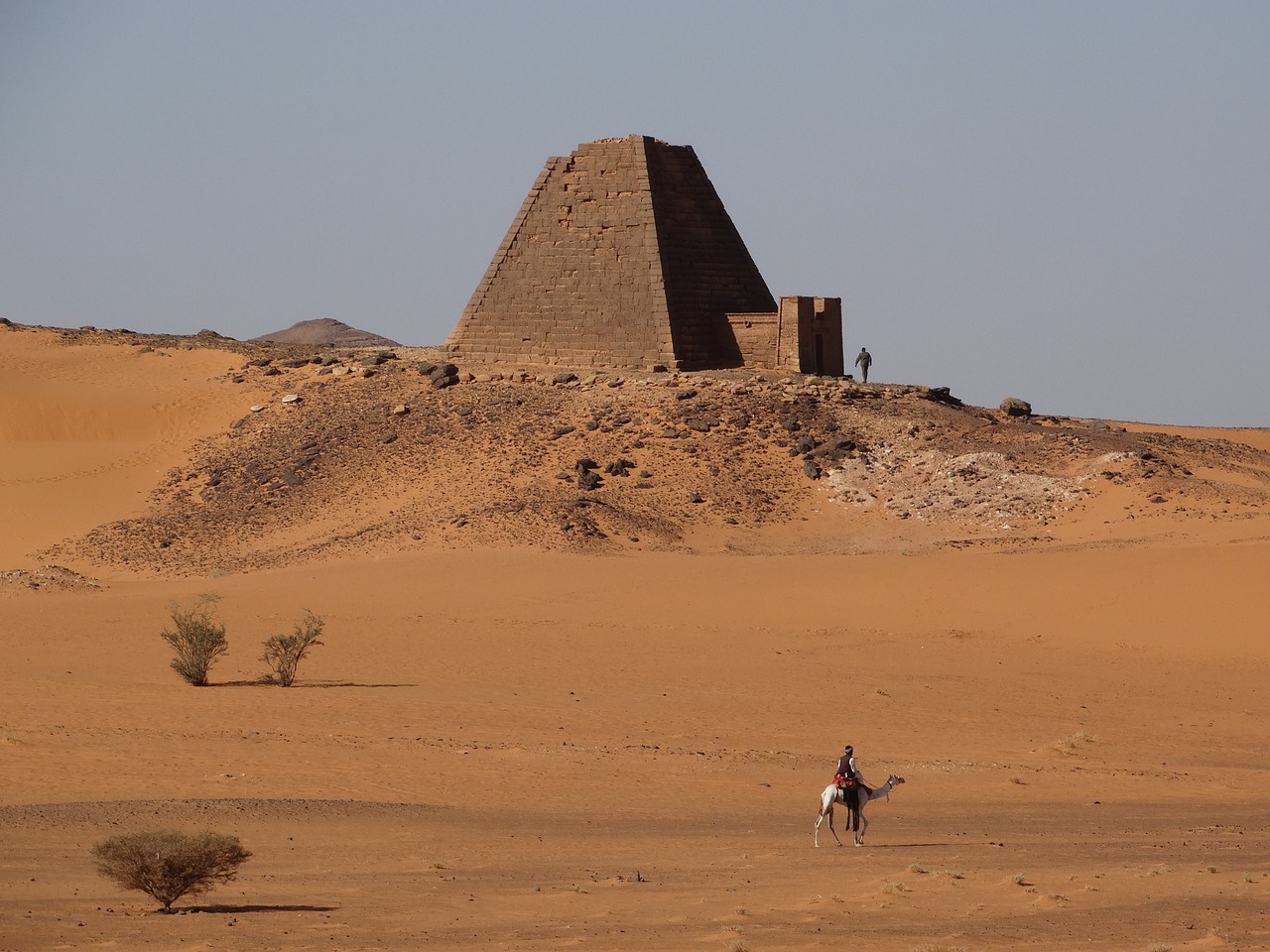“Like the Sudanese sun drying wet cotton, bleaching it with its rays, he felt his sluggish mood evaporating, his irritation and anger giving way to lightness. He would go home now refreshed, his energy replenished, his armour strengthened.” – Lyrics All
This beautiful story successfully weaves together many characters from different spheres all living in the same time and place but having varied experiences of the world and their role in it.
The central story of Nur and Soraya, their love for each other and the paths they both take after the tragic accident and their heartbreak, is romantic and poetic. It reminds us of the joy of being in young love and the pain of shattered dreams. It also shows us how different our lives can become after tragedy but not always for the worst as new opportunities arise we could never have imagined – perhaps Soraya and Nur found their true loves in education and poetry.
“When one door closes, another opens; but we often look so long and so regretfully upon the closed door that we do not see the one which has opened for us.” – Alexander Graham Bell
What immediately struck my interest was the intertwined themes of immigration and nationalism, the coming together and apart of two countries (with a third meddling in), and the way the characters thought and reacted on those sentiments.
The Egyptian immigrants, Nabilah and Ustaz Badr, have different feelings about their being in Sudan. One has a feeling of primitiveness and misses the comforts of home, the other is optimistic about the opportunities the country offers him in work and earning potential.
“She wanted this feeling of home to settle inside her until it gave her the sweetest of dreams.” – Lyrics Alley
Nations are formed by men and women, but national pride only comes once one feels a part of that national community. The Sudanese nationalists were building their nation, like Mahmoud Abuzeid, through industry and agricultural and building their national pride by writing patriotic sentiments in their poetry, and, like Hamza Al-Nagger, singing these lyrics to boost the morale.
Aboulela reflects on the cultural, social, and religious differences between the neighboring countries, but also on how Egypt and Sudan are inexplicably linked to each other. Like siblings, they rely on each other for support yet they are fiercely competitive. They come from a similar cloth but each have their own uniqueness and desire to assert it.
““For me the challenge is to resist explaining, defending or getting pulled into an agenda set by others. I write without looking over my shoulder, focusing on what I intimately know rather than on the issues that grab the headlines.” – Leila Aboulela
DISCUSSION QUESTIONS:
Aboulela’s character descriptions were well-defined. Who was your favorite character or who did you sympathize with the most?
What other topics or themes in the book stood out for you?
FURTHER READING:
Leila Aboulela returns to Khartoum



